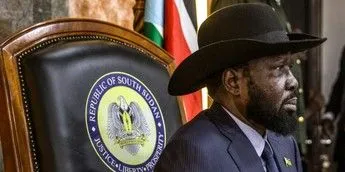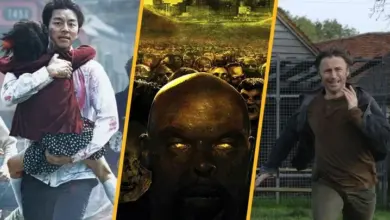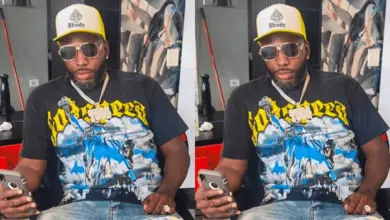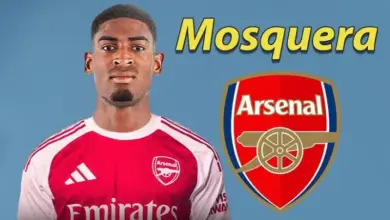Trump appeals against conviction in hush-money case
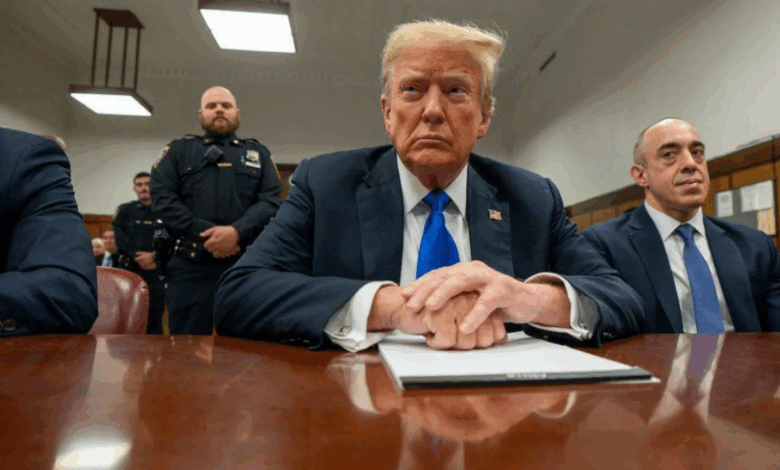

US President Donald Trump has filed an appeal to overturn his May 2024 criminal conviction in the hush-money payment case, arguing he is shielded by presidential immunity.
Trump was convicted of 34 felony counts of falsifying business records by a unanimous jury in New York.
In December, citing Trump’s imminent return to the White House, a New York judge sentenced Trump to an unconditional discharge, meaning he would not serve time or pay a fine.
“This case should never have seen the inside of a courtroom, let alone resulted in a conviction,” Trump’s lawyers said in the latest filing.
They described the case as “the most politically charged prosecution in our nation’s history”.
The Manhattan District Attorneys’ office, which prosecuted Trump, did not immediately respond to a request for comment.
Prosecutors alleged that in the days before the 2016 election, Trump instructed his personal lawyer, Michael Cohen, to pay $130,000 in hush money to the adult film star Stormy Daniels so she would stay silent about allegations of a sexual encounter with Trump.
The hush-money payment was not illegal, but prosecutors said that when Trump reimbursed Cohen the payments were fraudulently recorded as legal expenses in order to disguise their true nature.
The spring 2024 trial played out in tandem with Trump’s re-election campaign.
During the trial, prosecutors alleged that disguising the payments amounted to a form of election interference as they kept Daniels’ allegations from voters. Trump denied the charges and any wrongdoing.
A jury found Trump guilty of all 34 counts of falsifying business records that May, making him the first former or sitting US president to be convicted of a felony.
About a month after his conviction, the US Supreme Court ruled that US presidents had broad immunity from criminal prosecution for “official acts” undertaken during their presidency.
Trump’s lawyers in the Manhattan case then argued that the Supreme Court’s immunity finding should apply to Trump’s hush-money case, and that certain evidence from the trial should have been excluded because it stemmed from Trump’s first presidency.
Justice Juan Merchan, who oversaw Trump’s hush-money case, rejected the argument. But Trump’s team was long expected to appeal.
DISCLAIMER: The Views, Comments, Opinions, Contributions and Statements made by Readers and Contributors on this platform do not necessarily represent the views or policy of Multimedia Group Limited.
DISCLAIMER: The Views, Comments, Opinions, Contributions and Statements made by Readers and Contributors on this platform do not necessarily represent the views or policy of Multimedia Group Limited.
Source link

